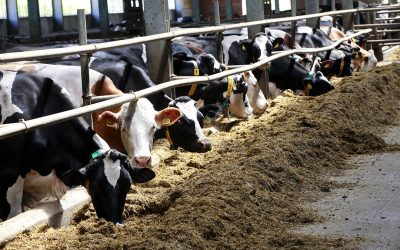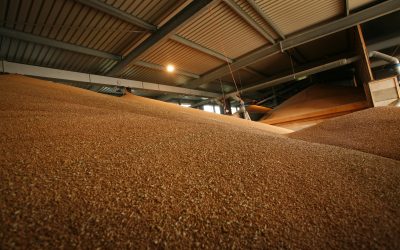Research: Kibble quality of extruded dog food
Researchers of the Animal Nutrition Group of Wageningen University in the Netherlands studied the effects of drying temperature and time of a canine diet extruded with a 4 or 8 mm die on physical and nutritional quality indicators.
Two factorial experiments (4 temperatures × 2 durations) were carried out to test the effect of drying variables on nutritional and physical quality indicators of extruded canine diets produced using a 4 and 8 mm die (kibble size).
The diet was extruded using a single screw extruder at 130°C and 300 g moisture/kg. The drying temperatures used were 80, 120, 160 and 200°C and each diet was dried to 90 or 60 g moisture/kg diet (drying duration).
Drying of the diets was conducted in draught-forced ovens and each sample was analysed for dry matter, nitrogen, amino acids (including reactive lysine) and fatty acid content.
Results
Hardness and specific density of the tested diets were not affected by drying temperature or time.
Kibble durability was affected by drying temperature: the highest temperature (200°C) resulted in a decreased durability compared to 80°C.
The drying time had no effects on the level of individual or total amino acids or on the proportion of reactive lysine. In 4 mm kibbles, drying temperature of 200°C lowered only proline, total lysine and reactive lysine concentrations: the reactive to total lysine ratio in kibbles dried at 120°C was higher than that of kibbles dried at 200°C.
Drying temperature of 200°C decreased the concentration of linolenic and linoleic acid and increased that of oleic acid, a finding that might be indicative for lipid oxidation of 4 mm kibbles during the drying process.
In 8 mm kibbles, only reactive lysine concentrations were significantly lower with a concomitant decrease of the kibble durability.
Conclusion
Drying of pet foods at high temperatures (160–180 °C) can significantly reduce nutrients or nutrient reactivity.
To view references and further reading you must purchase this article.











